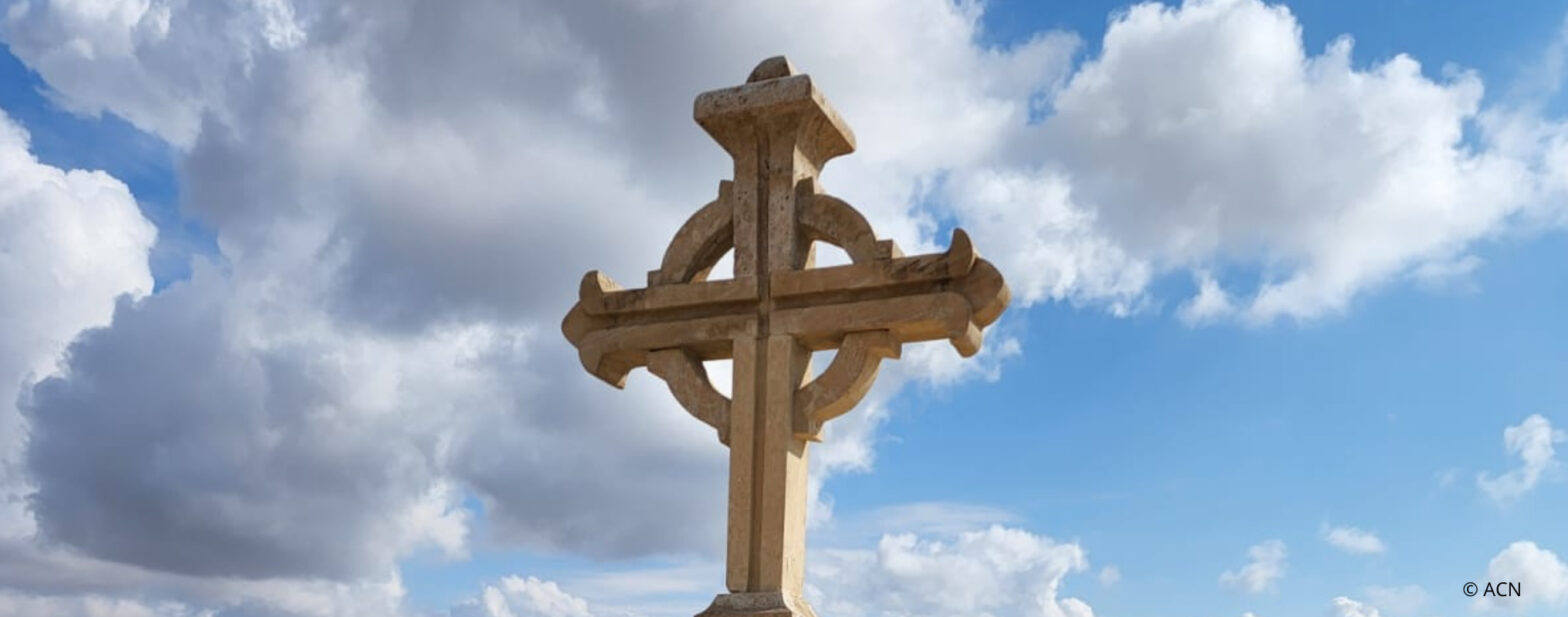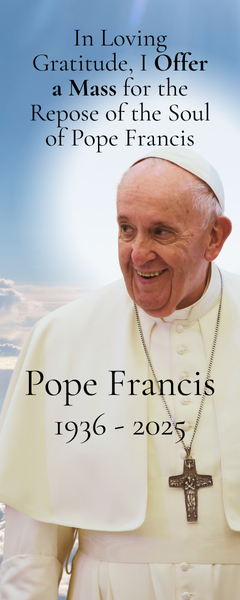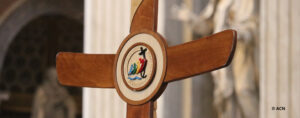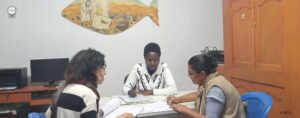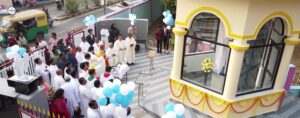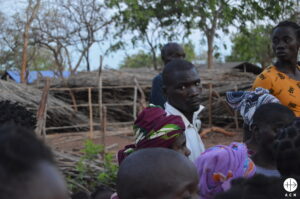Story written by Maria Lozano, director of Aid to the Church in Need (ACN) International’s Press and Media Department. In it, we read the testimonies of the people that the ACN delegation was able to meet, shortly after the invasion of the Nineveh Plains by the Islamic State (IS). In this first part, we recall with horror the rapid and catastrophic flight of 100,000 Christians.
The heat in Erbil is overwhelming, with its semi-desert surroundings and its crushing 44-degree Celsius temperatures of Iraqi summer. At first, one is struck by a deceptive air of peace in this city, the capital of Iraqi Kurdistan. There is nothing to suggest that in this part of the world, at this very moment, the destiny of thousands upon thousands of people hangs in the balance. You cannot hear it, you cannot see it or sense it, but the Islamist forces are just 40 kilometres from here and just a week ago, they were at the very gates of the city. Behind the church walls, in the schools and the sports centres, in the shade of half-finished buildings, the reality is hidden: thousands upon thousands of refugees, perhaps up to 70,000 of them, scattered between 22 reception points.
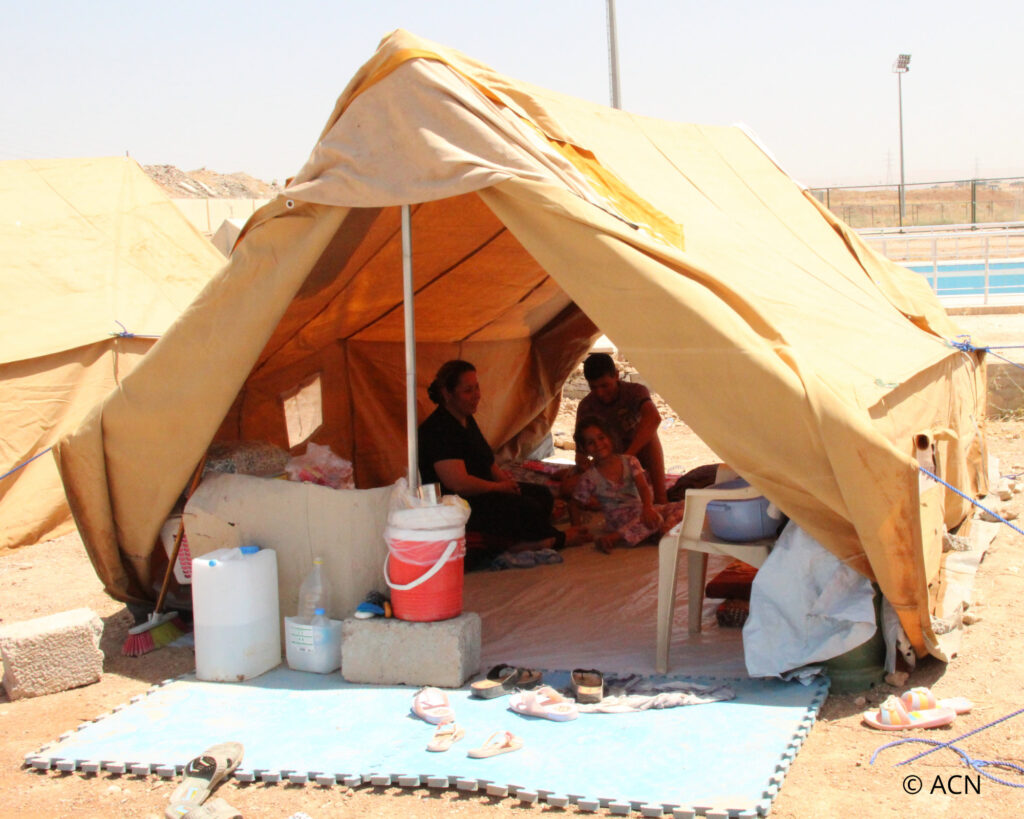
One of the main hubs is the Chaldean Catholic cathedral, better known as the Cathedral of Saint Joseph, in Ankawa, the Christian quarter of the city. An estimated 670 families have sought refuge here and in the buildings in the immediate vicinity. A makeshift tarpaulin, or the shade of the buildings, are all the relief they have to protect themselves against the crushing, relentless heat. Most of them are sitting on the ground, in small family groups, on mattresses or sleeping mats. Others are seated on plastic chairs. Ankawa is one vast waiting room. There are thousands of faces, but only one story, one witness, one destination that unites them all: they are refugees, condemned to death for being Christians.
The exodus of 100,000 Christians
On August 6, the Kurdish Peshmerga fighters who were defending the Christian area to the north of Mosul withdrew. The first bomb fell on the Alyias home in Qaraqosh, killing two children, cousins David and Mirat, who were playing in the garden, and gravely wounding a third person. The alarm rapidly spread throughout the city: “ISIS is at the gates, the Peshmerga are no longer defending us; take your families and flee!” Qaraqosh was a city of around 50,000, a Christian centre for centuries. Everyone left with whatever they could carry. The only ones who remained behind were those who could not move from their houses: the sick and elderly.
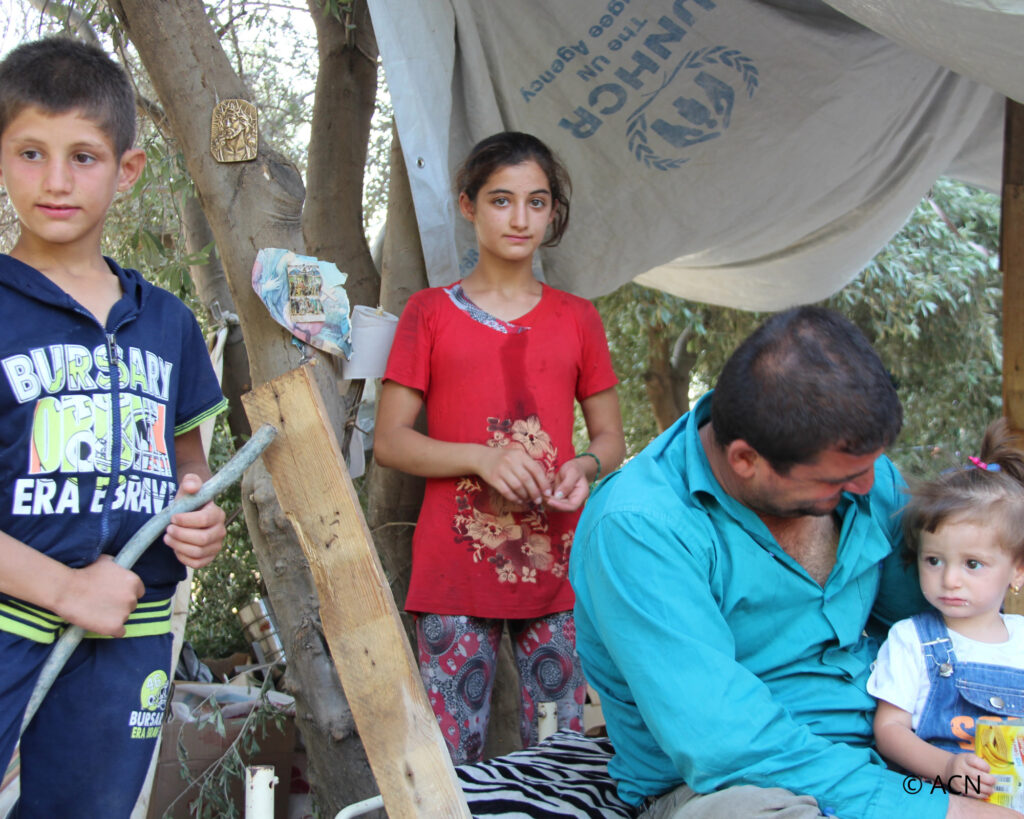
The people of Qaraqosh were joined by those from other smaller towns in the surrounding area, such as Bartella and Karemlesh. During those days, an estimated total of 100,000 Christians left their homes in the region of Nineveh in an exodus of apocalyptic proportions, fleeing in the direction of Duhok, Zakho, and Erbil.
It is hard to imagine the panic people must have felt in order to leave without looking back. This is less difficult, however, for those who have lived for years surrounded by, suffocated by, and attacked by this Islamic fundamentalism. Many of them still bear in their very bones the trauma of June 10, when in the space of a few hours, Islamic State forces seized Mosul without anyone attempting to defend it. Nobody—neither its politicians, nor its army—lifted a finger.
Every family has a tragedy
In the city of Mosul alone, it is estimated that more than 1,000 people have been murdered for their faith since the defeat of Saddam Hussein.
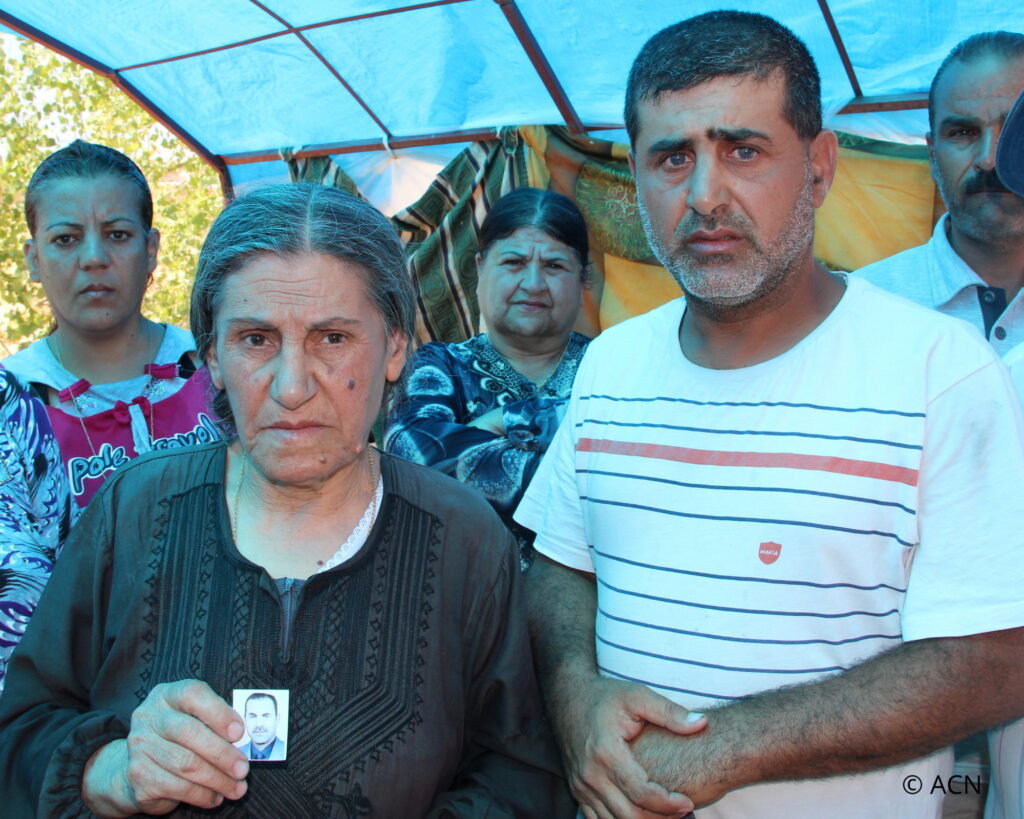
Every family has its own tragedy, its own dramatic story. Everyone has family members who were murdered, massacred. “This is my brother Salman; he was 43 years old. They shot him three times in the head, five years ago, in Mosul,” said one of the displaced. Next to the speaker, his mother slowly takes out the photo, holding it between both hands. There is so much pain in this gesture, in those eyes. They fled from Mosul and took refuge in a village close to the ancient monastery of Mar Mattai (Saint Matthew), where they had relatives. They thought they were safe there; hope was reborn for the future. But the advance of the Islamic State forced them to flee again.
A few kilometres from there, Yacoub, another refugee, shows us his leg, crippled and covered with scars from the bomb that exploded in 2008 in a Mosul church. When the jihadists issued their ultimatum to the Christians in Mosul in July, Yacoub fled with his four daughters to Alqosh. From there, he left in a second exodus two weeks before we met him to the north of Duhok. He has lost his land, his home, everything he possessed. He has suffered the consequences of the destruction in his own body. But it is not the scars on his leg that trouble him; the great sadness for Yacoub is the future of his four daughters.
The fate of the children
“Not for us, but for our children.” This is the unspoken appeal of a mother of one of the six Syriac Orthodox families, with 16 children altogether, who have found shelter beneath the awning of a tent in the Chaldean community of Mangesh. One of the little girls is singing a song in English, surrounded by all the other children: “They all love me, they all love me.” The children, who understand nothing of wars, or hatred, or massacres, who know nothing of what is happening, are not concerned about the future. It is strange to see so many children together, yet not see a single toy, a single doll. Many of the babies are lying directly on the floor, some of them are in little bassinets.
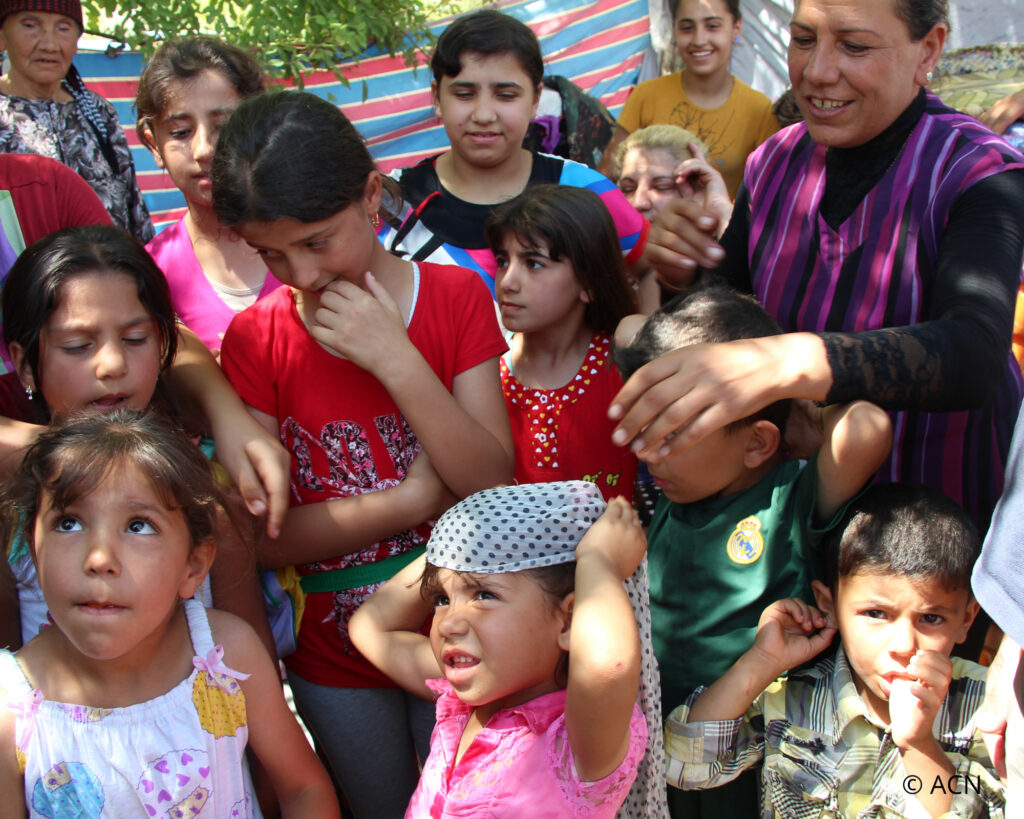
Sleiman is carrying his three-year-old daughter in his arms. “What has she done for them to throw her of her land and make her have to live like this?” he says to me. “Like this,” in this case, means eight families sharing a single room, with mattresses, food and water given to them by the Church, in infernal heat and in subhuman conditions. In Erbil, there are field tents set up for those who cannot find space in the rooms of a sports centre, with around eight people in each. It is like an inferno during the day, given the extreme temperatures, reaching as high as 48°C inside the tent. At night, there is the danger of being bitten by rats and scorpions.
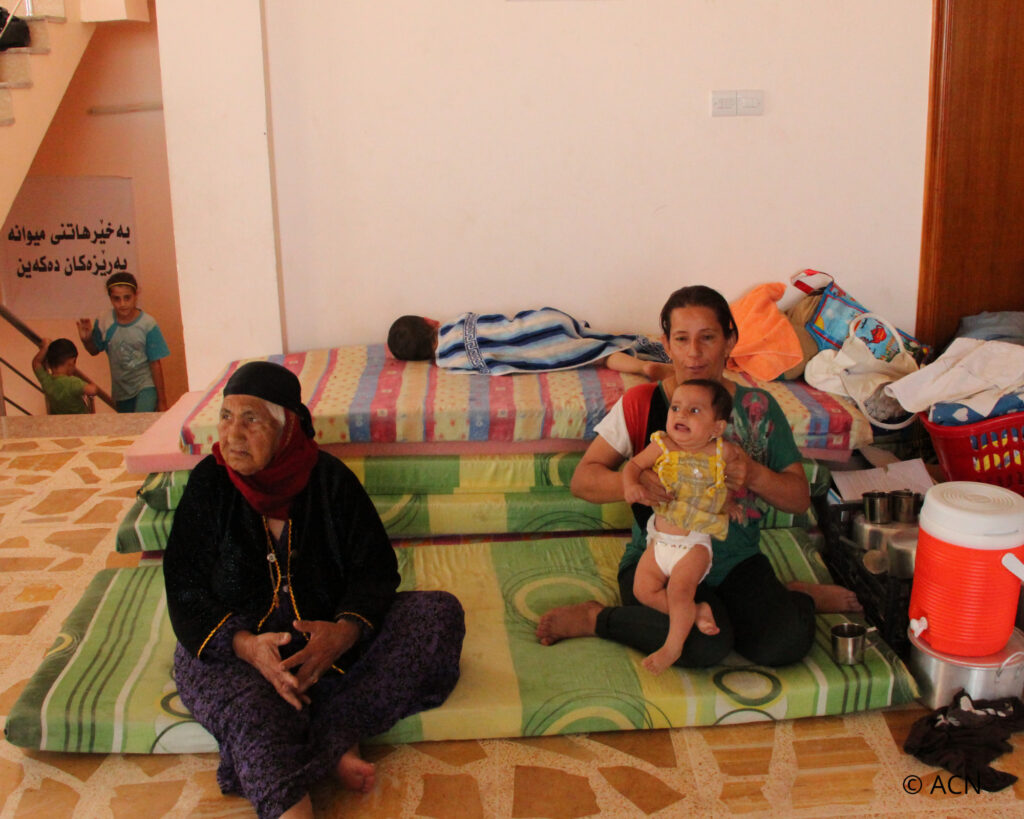
“We are saving our lives, the honour of our wives and daughters, and our faith.” These are the three principal reasons for their hurried flight. And this swift action is what has saved them from suffering the fate of the Yazidi community, who were massacred, raped, and enslaved. Nevertheless, for the Christians of Nineveh, Qaraqosh, Alqosh, Telfek and so many other places, they have been robbed of something beyond the material: hope.
Read Part 2 on our website tomorrow.
Aid to the Church in Need (ACN), thanks to its benefactors, has supported these communities from the very beginning. To learn more, please consult and download an informational document produced by our international office.

